For many people, allergy season can be a living nightmare. The constant sneezing and coughing will eventually start to take a toll. Fortunately, you can take steps to minimize these symptoms. Here are six tips on how to beat allergy season.
Change Your HVAC Filter Regularly
Your HVAC system can be used to help fight allergies. However, you need to change its filter at least once a month. This simple step will dramatically improve your household’s air quality.
Although a standard filter can get the job done, consider upgrading to a HEPA filter. It’s engineered to capture even the smallest of airborne contaminants. Research shows that a HEPA filter can be up to 99.97% effective.
Use the Right Allergy Medicine
The right allergy medicine can help you breathe easier. Keep in mind that what works for your friend may not work for you. Everyone’s body is different. You may need to experiment with at least a few medications before finding the most effective one. Nevertheless, always consult your doctor before making a decision.
Although prescription drugs can treat allergies, there are some highly effective over-the-counter medications. Some of the most popular name-brand antihistamines include Zyrtec, Claritin, and Allegra. Be careful when using nasal sprays. Some can cause a rebound effect, which leads to more congestion. A saltwater nose rinse is a great natural alternative.
Housecleaning for Allergies
If your family suffers from allergies, make housecleaning a big priority. Vacuuming is especially important if you have carpet flooring. Ideally, you should vacuum carpets no less than twice a week.
Use a vacuum with a HEPA filter, which will better trap suctioned-up dust and debris. Also, don’t forget to scrub your bathroom tile regularly. Failing to do so creates the perfect environment for mold, which is a big allergy trigger.
Pest Control
Even if you take all of the necessary steps to maintain an allergy-free home, pests can still cause your family to experience symptoms. Known for creating unsanitary living conditions, roaches are especially bad. To be on the safe side, have your home professionally inspected and treated for roaches.
Bedbugs can also cause allergy flare-ups. These tiny insects tend to do their dirty work at night. While you’re trying to sleep, they will quietly suck on your blood. One of the best ways to help eliminate bed bugs is to wash your bedding in hot water every week. A temperature of 130 degrees Fahrenheit can kill bed bugs on contact.
Wash Your Family Pets
A family pet can be a bundle of joy. The bad news is that furry animals can cause allergic reactions. To prevent dander from causing problems, wash your pet often. Because human shampoo and conditioners are often too acidic for animals, find an allergen-neutralizing formula that’s specifically for your pet.
Regular grooming can also help prevent allergy problems. Brushing your pet’s fur will remove loose dander and hair.
Be Careful When Gardening
Gardening is a gratifying pastime. However, allergy sufferers must take a few extra precautions. Before you decide to do some yard work, first check your local outdoor pollen levels. In many cases, pollen levels are highest in the morning, so time your yardwork accordingly.
When it comes to mowing the lawn, people with severe allergies should consider hiring someone else to do the job. If you do decide to mow, wear a mask at all times.
For all of your air conditioning and indoor air quality needs, call Air Care & Canyon Lake Air Conditioning at (210) 880-3002.
